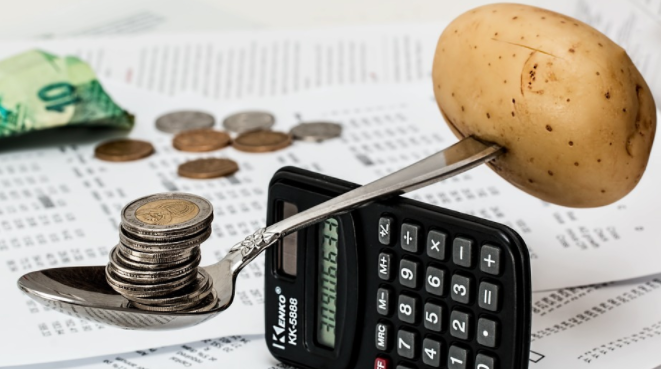
Common Money Saving Mistakes to Avoid
In today’s world, it is essential to be financially responsible. Whether you are a college student trying to save for your future or an adult that wants their children to have a better life than they did, saving money is critical. If you need to save on your monthly bills, you can follow these tips to free more cash and invest in the future.
Below are common mistakes people make when spending and saving their hard-earned cash.
Not Following an Actual Budget
 Not following a budget is one of the most common mistakes that people make, and it can sometimes lead to more severe money issues. If you have never created a budget before, think about how much money you earn each month from your job, including any extra earnings from other places such as investments or rental properties.
Not following a budget is one of the most common mistakes that people make, and it can sometimes lead to more severe money issues. If you have never created a budget before, think about how much money you earn each month from your job, including any extra earnings from other places such as investments or rental properties.
Then list all your expenses for that month, including bills, groceries, and entertainment. After that, subtract your expenses from your earnings to see how much money you have leftover.
Not Knowing the Different Types of Savings Accounts
Another common mistake people make is not knowing the different types of savings accounts available to them. There are a few different types of savings accounts, and each one has its benefits. A basic savings account is excellent for everyday expenses, while a longer-term certificate of deposit (CD) can offer higher interest rates. Roth IRAs are a great option if you look for long-term growth but don’t want to pay taxes now. There is also the option of investing in stocks and bonds and buying real estate properties.
Always Choosing the Cheapest Option
 While it is important to be fiscally responsible, you don’t always have to choose the cheapest option. Sometimes, the most expensive option is the best deal.
While it is important to be fiscally responsible, you don’t always have to choose the cheapest option. Sometimes, the most expensive option is the best deal.
For example, if you are looking for a new car, it might be wise to purchase a used car rather than a brand new one. The same thing goes for other big purchases such as houses and appliances. If you are on a tight budget, try to avoid making impulse buys and stick to your list of necessary items.
Skipping the Emergency Fund
Another common mistake many people make is failing to set up an emergency fund. Many of us live paycheck-to-paycheck, and if something happens like a job loss or medical issue, it can be challenging to keep up with all bills. Having three to six months’ worth of expenses saved in the bank will allow you some breathing room when an emergency arises. Even if you can’t afford to save the full three months, try setting up a small amount for each paycheck until your fund is complete.
By Ana Frazier
- 15, Dec, 2021
- 0 Comments
